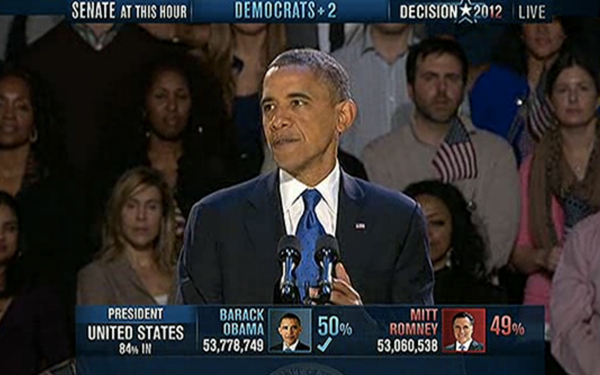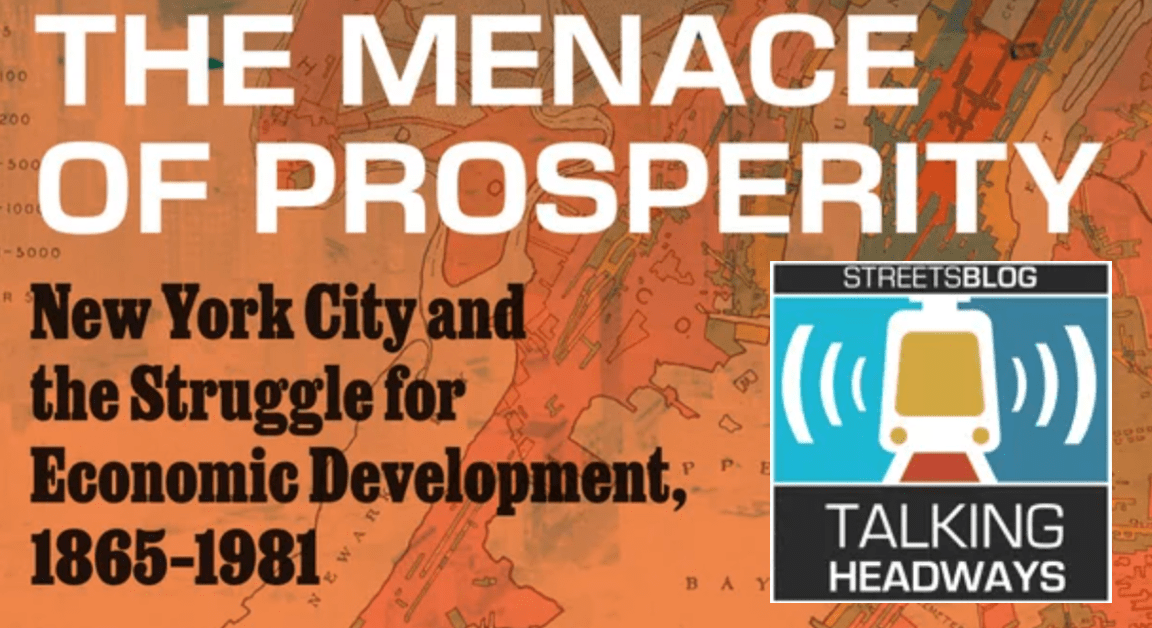Yesterday's election made history on many different fronts: gay marriage, immigration, consumer protection, and more. But America also voted to maintain essentially the same balance of power in Washington that has brought about so much gridlock. In the transportation arena, that gridlock meant three years of dithering on a national bill and, ultimately, a new law that failed to make many of the reforms needed to help the country build a greener, safer, 21st century transportation system.
Republicans hung on to their primacy in the House of Representatives and the Democrats maintained control of the Senate and the White House. This Congress, which closely resembles the last one but is tilted a little more toward the Democrats, has less than two years until the current transportation law expires.
With his newly-won second term, will President Obama be emboldened to fight for increased revenues for transportation and infrastructure in order to resolve the paralysis over spending? Will he take action on climate change, as environmentalists are urging him to do?
As Steve Kretzmann of Oil Change International wrote this morning, “The top candidate backed by the fossil fuel industry – big oil, gas and coal – just lost the election.” Mitt Romney raised more than six times as much money from these industries as Obama, and his loss is a sign their message failed to resonate with Americans.
Whether that verdict translates into bolder action in Obama's second term remains to be seen. Other lingering questions: Will Ray LaHood really leave, as he said he would, or might he stick around at least for another year or two, as some insiders speculate? Will a somewhat chastened Republican Party be more willing to compromise on legislation in the next session? The current transportation bill, MAP-21, expires September 30, 2014. The people elected yesterday will negotiate the next one.
Transportation reformers looking to avenge the ouster of Rep. Jim Oberstar in the last election will be pleased to know that voters in Minnesota's 8th District denied Chip Cravaack a second term in the House. Cravaack served on the Transportation and Infrastructure Committee his predecessor had led, diverging from Oberstar's positions in every way possible.
Cravaack went along with the Republican plan to cut transportation spending by a third, and then cheered the proposal to pay for a more robust budget with oil drilling money. His most notable achievement in the transportation bill was the elimination of any provisions supporting the mere consideration of revenue collection based on a vehicle-miles-traveled fee. He pushed for gas tax revenue to go exclusively to roads and bridges, not active transportation.
Whoever fills his seat on T&I, let's hope their contributions are a little more productive than Cravaack's. That seat just might go to a Democrat. Given a slimmer Republican lead in the House, Democrats are poised to pick up one seat on the Transportation Committee, if it remains the same size in the 113th Congress. In the 112th it shrank from 75 to 59 members.
Later today, we'll be bringing you results from the transportation ballot initiatives around the country and some key mayoral races we were tracking. Spoiler alert: There's a whole lot of good news.






